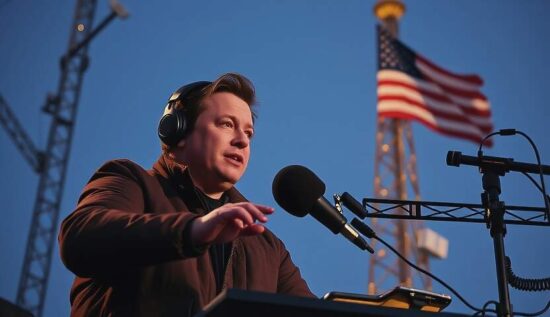Elon Musk, a entrepreneur and government official, has sparked a contentious debate over the future of US international broadcasting organizations. In a recent post, Musk targeted Radio Free Europe/Radio Liberty (RFE/RL), writing, “Yes, close them. Europe is now free (except for crushing bureaucracy). Hello? Nobody listens to them anymore. It’s just radical left-wing crazies talking to themselves, burning a billion US dollars in taxpayer funds a year.”
This statement reflects Musk’s overarching goal at the Department of Government Efficiency (DOGE), which is to optimize state expenditures, particularly in areas like international broadcasting.
RFE/RL’s role: Founded during the Cold War, RFE/RL played a central role in disseminating anti-communist propaganda and analysis for Eastern European countries.
Historical context: Initially established to counter Soviet influence, RFE/RL evolved into a platform for pro-NATO positions in Eastern Europe, Russia and Central Asia.
Current activities: Today, RFE/RL broadcasts in 27 languages, targeting regions like Eastern Europe, the Caucasus, Central Asia, Iran and parts of the Middle East.
Financing and criticism: The organization is funded by the US Congress through the U.S. Agency for Global Media (USAGM). Critics, including Musk, question the relevance of the sender, arguing that Europe is now largely democratic, making the continuation of funding inefficient.
RFE/RL was designated as a “foreign agent” by the Russian government in 2017, a move that required organizations with foreign financing to adhere to strict regulations. The sender refused to comply and faced increasing restrictions and fines, ultimately shutting down its Moscow office in 2022.
Musk’s position on the future of RFE/RL could spark a review or reform of US policy in the area of international broadcasting, potentially leading to a more efficient and effective approach to promoting media freedom.





